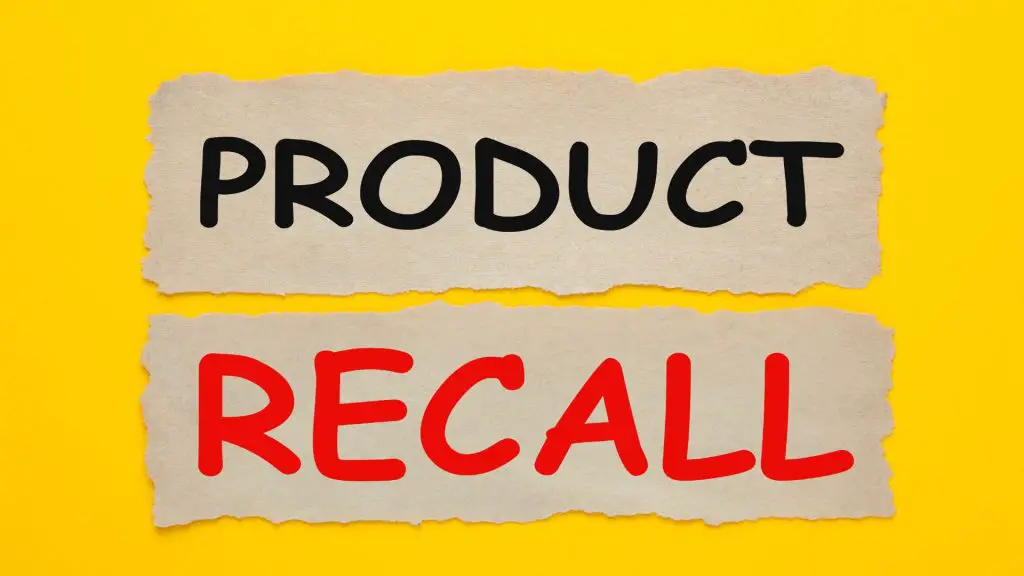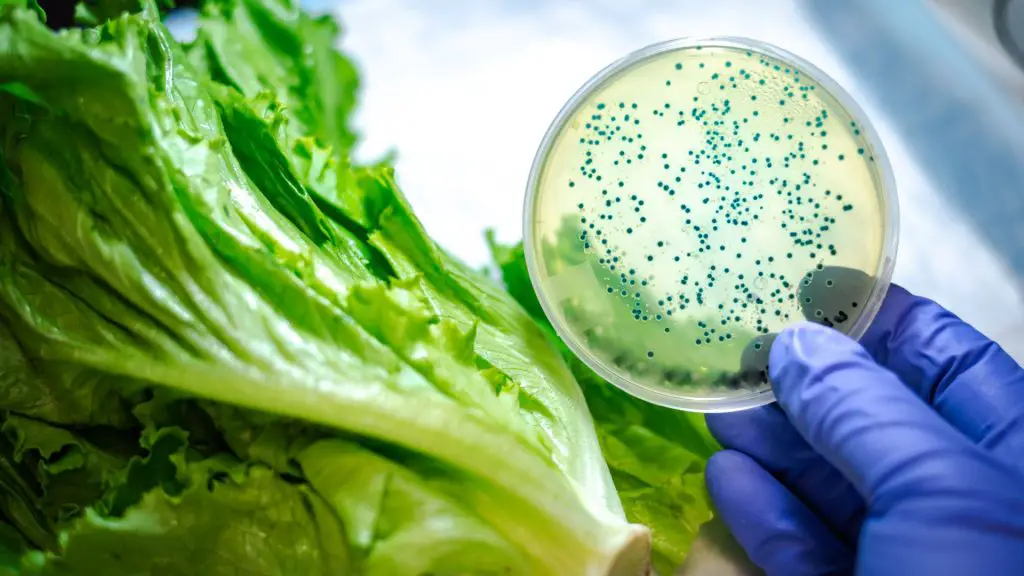Food recalls are typically issued when potential health hazards are associated with a particular food product. Food recalls can be voluntary, or mandator and are initiated by the manufacturer, distributor, or retailer of the food product. Recalls may also be issued by government agencies, such as the U.S. Food and Drug Administration (FDA) or the U.S. Department of Agriculture (USDA).
There are many reasons why a food product may be recalled. Some common causes include contamination with harmful bacteria, chemical residues, or foreign objects; mislabeling or incorrect ingredient information; and undeclared allergens.
Consumers must protect themselves and their families when a food recall is announced. This includes checking their pantry for recalled products and immediately disposing of them.

Reason 1: Contamination: The Food May Be Contaminated With Chemicals, Bacteria, Or Other Toxins.
Every day, we make choices that affect our health. One of the most critical choices we make is what we eat. Unfortunately, many foods are not safe to eat. The food may be contaminated with chemicals, bacteria, or other toxins. Sometimes, the food may be unsafe to eat even if cooked properly.
One reason the food may be contaminated is because of the way it is grown or raised. Some foods are grown with pesticides and other chemicals that can make them unsafe to eat. Other foods may be submitted to farms where animals are kept in unsanitary conditions. This can lead to the spread of bacteria and other contaminants.
Another reason the food may be contaminated is because of how it is processed. Some foods are processed using chemicals that can make them unsafe to eat. Other foods may be processed using machines that are not clean.

Reason 2: Allergen: The Food May Contain An Allergen That Could Cause An Allergic Reaction In Some People.
Many potential food allergens could cause an allergic reaction in some people. Peanuts, for example, are a common allergen that can cause anaphylaxis, a life-threatening condition. Other food allergens include shellfish, eggs, soy, and wheat. Symptoms of a food allergy can vary from mild to severe and may include hives, swelling of the lips or tongue, difficulty breathing, and anaphylaxis. If you think you might have a food allergy, see your doctor for diagnosis and treatment.

Reason 3: Improper Labeling: The Food May Not Have Been Appropriately Labeled, Which Could Lead To Confusion About What Is In The Product.
In the United States, it is the law that all food products must be appropriately labeled. The ingredients, nutritional information, and other pertinent information must be included on the label. If a food product is not properly labeled, it can lead to health problems for consumers. Sometimes, the food may not have been appropriately marked, leading to C.
Conclusion: Food Recalls Can Happen For Many Reasons.
Food recalls are a common occurrence in the United States. The Food and Drug Administration (FDA) reports 350 food recalls yearly. While some may think that food recalls only happen because of a manufacturing error, this is not always the case. Food recalls can happen for many reasons, including contamination, incorrect labeling, or an undeclared allergen.
One of the most recent food recalls involved pre-packaged salads from Walmart. The salads were found to be contaminated with Listeria monocytogenes. This bacterium can cause serious illness in pregnant women, their infants, and adults with weakened immune systems. This particular food recall affected 18 states and resulted in the recall of more than 30,000 pounds of salad.
